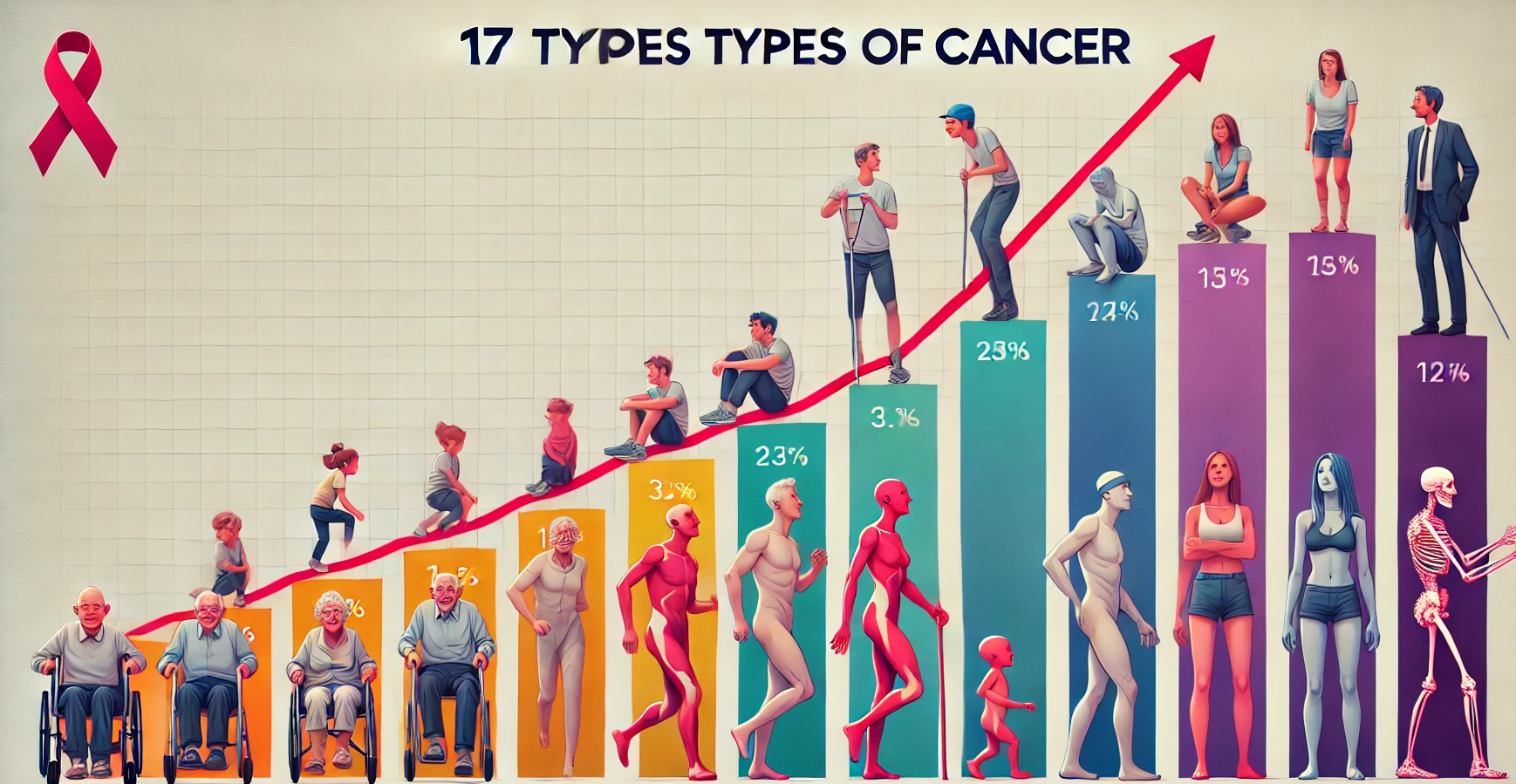A recent study has shown a dramatic increase in cancer rates among millennials and Gen X-ers. According to research published in the journal Lancet Public Health, the risk of developing 17 different types of cancer has been rising steadily with each generation since the baby boomers. People born in 1990 now face two-to-three times the risk of getting certain cancers compared to those born in 1955.
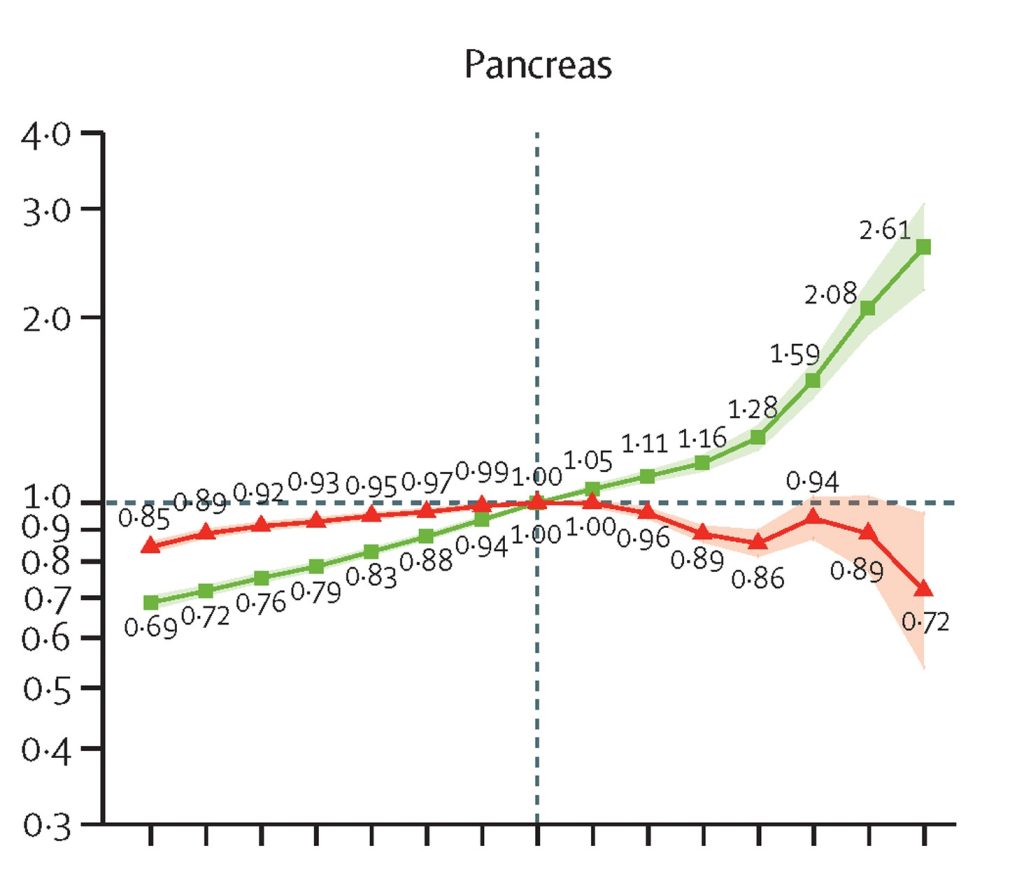
The study conducted by the American Cancer Society (ACS) analyzed data from 2000 to 2019, focusing on individuals born between 1920 and 1990. They found that cancer rates for 17 types, including pancreatic, breast, and stomach cancers, have increased significantly. This trend is particularly concerning as more young people are being diagnosed with cancer before they turn 50.
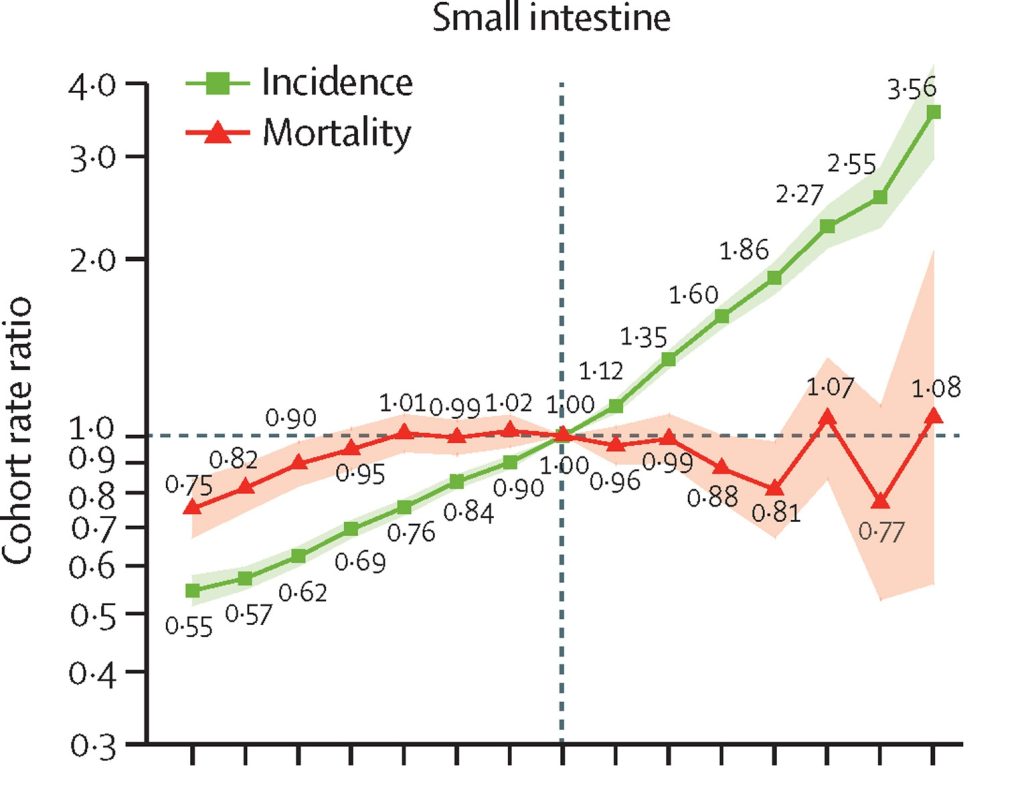
Hyuna Sung, the lead author of the study, emphasized that the increase in cancer rates cannot be attributed solely to better screening. The rise in both cancer diagnoses and mortality rates suggests a genuine increase in risk. Among the newly identified cancers with rising rates are gastric cardia cancer, small intestine cancer, and estrogen receptor-positive breast cancer.

One major suspect in this troubling trend is obesity. Research indicates that 10 out of the 17 cancers that have become more common are linked to obesity. Experts like Timothy Rebbeck from the Dana-Farber Cancer Institute explain that obesity causes chronic inflammation, leading to cellular damage over time, which can result in cancer. Additionally, factors such as changes in insulin sensitivity and hormone levels might contribute to this increased risk.
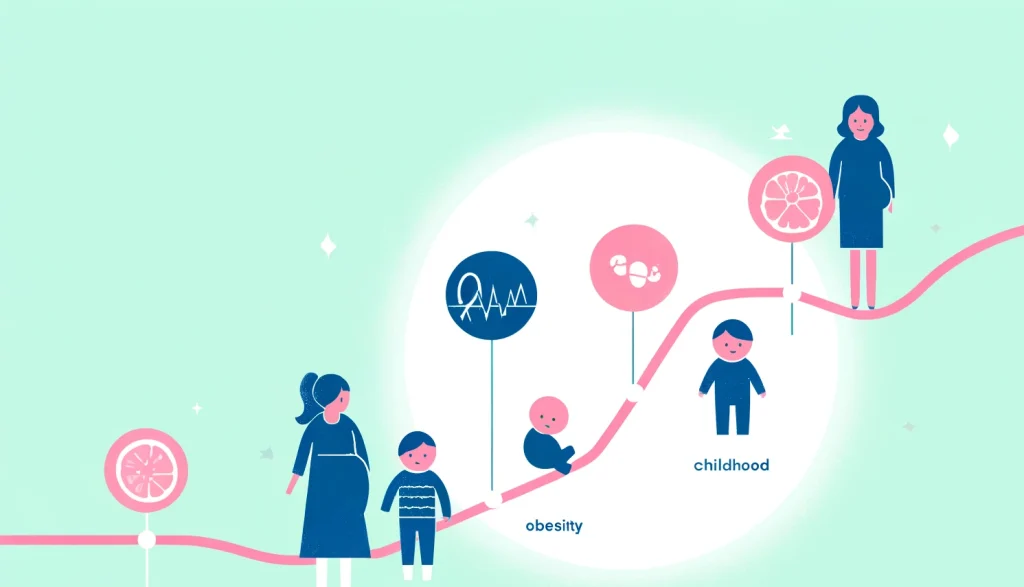
The rise in both obesity and cancer rates suggests that the problem may start in childhood or even before birth. This is supported by the fact that many young adults are now experiencing cancers typically associated with older adults. Environmental factors, including diet and antibiotic use, may also play a role in altering gut bacteria and influencing cancer risk.
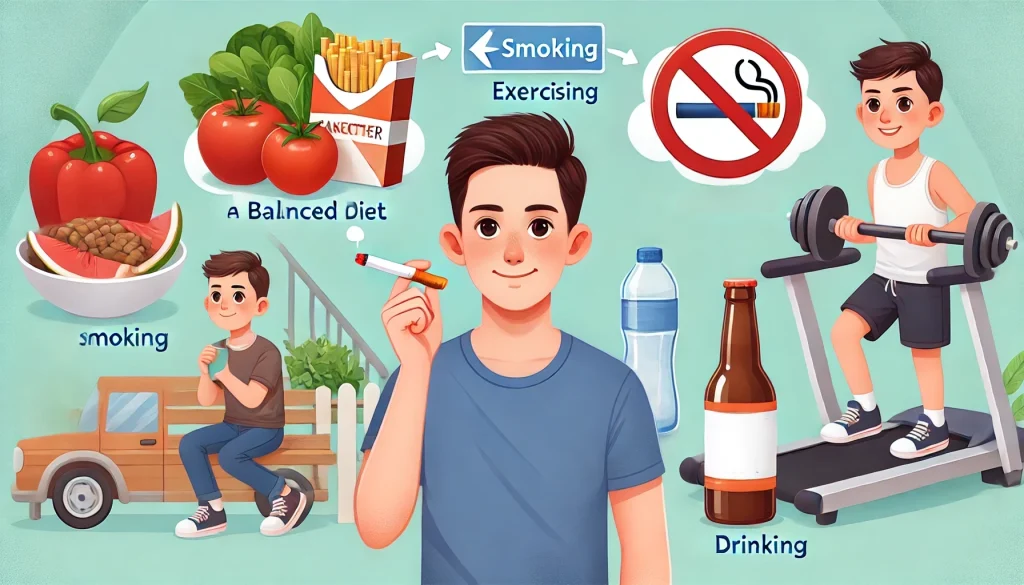
Despite the alarming findings, experts urge the public not to panic. Cancers diagnosed before age 50 are still relatively rare. According to the National Cancer Institute, only about 350 out of every 100,000 cancer cases each year are found in people aged 45 to 49. However, individuals can take steps to reduce their cancer risk by maintaining a healthy weight, exercising regularly, eating a balanced diet, limiting alcohol consumption, and avoiding smoking.
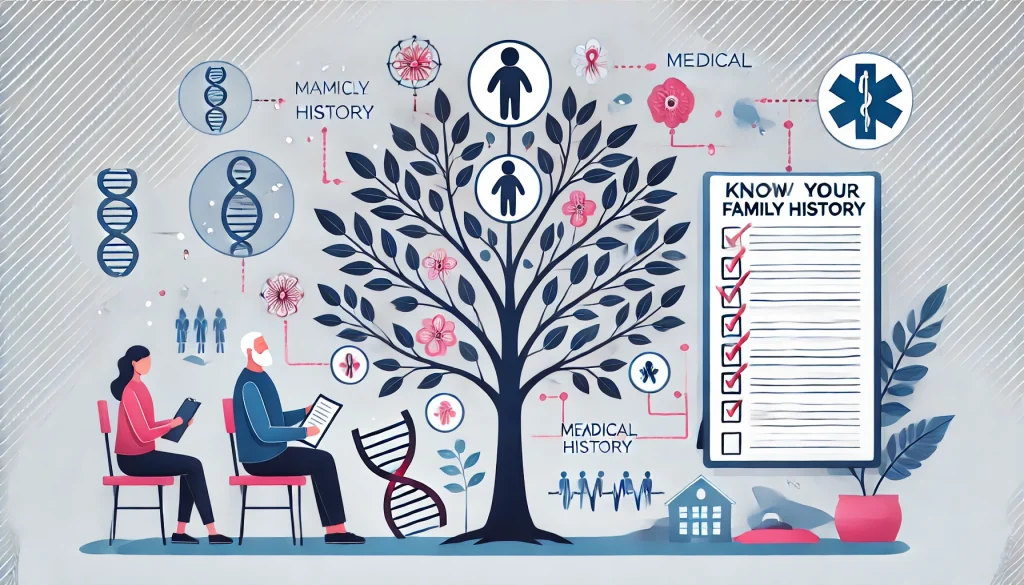
Knowing your family history and being vigilant about potential early warning signs of cancer is also important. Symptoms like fatigue, rectal bleeding, abdominal pain, altered bowel habits, or unexplained weight loss should prompt a visit to a healthcare provider.

Obesity, especially childhood obesity, is a significant concern because it increases the likelihood of developing health issues such as type 2 diabetes, heart disease, and various cancers. College students are particularly at risk for weight gain due to the availability of fast food and the lack of healthy eating habits. Fast food, which is high in sodium, calories, and unhealthy fats, contributes to the obesity epidemic.

Fast food consumption not only affects weight but also leads to higher intake of unhealthy nutrients and lower consumption of essential vitamins and minerals. High sodium intake, for example, raises blood pressure, increasing the risk of heart disease and stroke. Excessive consumption of trans fats, commonly found in fast food, raises LDL (bad) cholesterol and lowers HDL (good) cholesterol, further contributing to cardiovascular problems.

To combat these health risks, it is essential to maintain a balanced diet, even when eating out. Some fast food restaurants now offer healthier options, and moderation is key to maintaining overall health. As Dr. Paul Saltman once said, “What makes food good or bad for you is volume, balance, and interaction.”
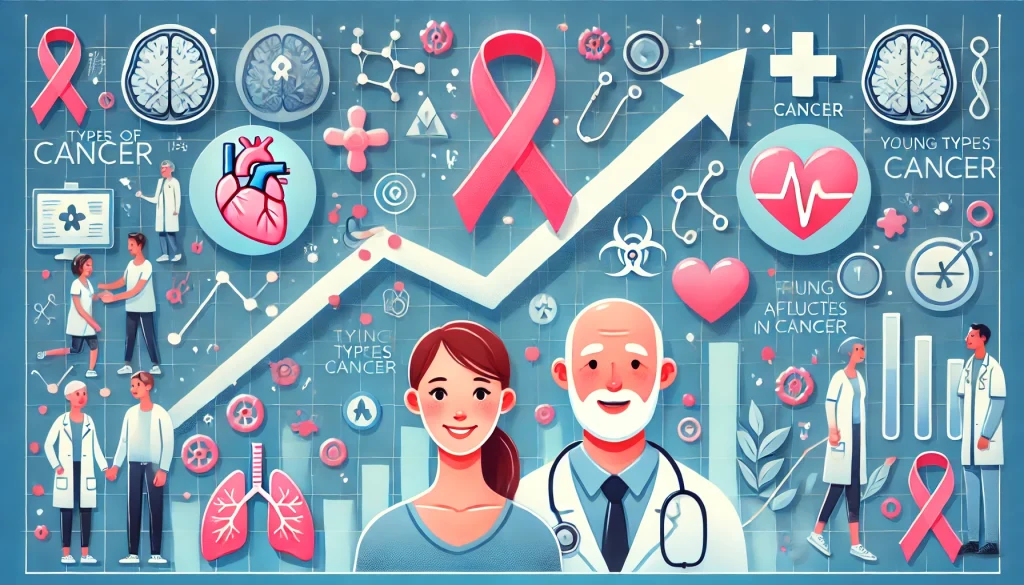
The rise in cancer rates among younger generations is a concerning trend linked to factors like obesity and lifestyle choices. By adopting healthier habits and staying informed about cancer risks, individuals can take proactive steps to protect their health. Although another study published in nature links childhood health risks to the fathers diet before conception, giving yet another thing for millennials and genx to blame on baby boomers.


